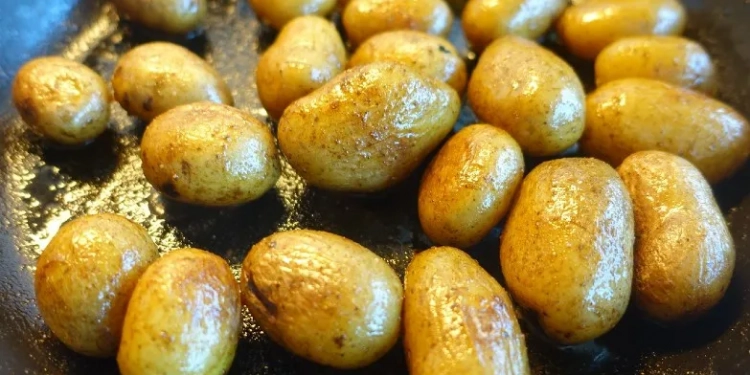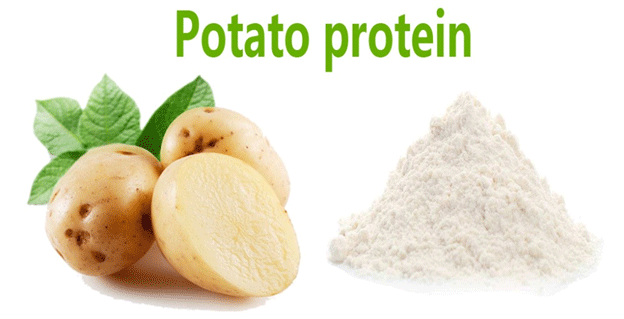Exploring the Impact of Potato Production, Processing, and Marketing Strategies Across Africa
As food insecurity looms over the African continent, the potato is gaining recognition as a versatile and resilient crop capable of addressing food security challenges. With increasing production, innovative processing, and strategic marketing, the potato industry is transforming lives and economies across Africa. Key potato-producing countries, including Egypt, Algeria, Rwanda, Kenya, South Africa, and Malawi, highlight how this crop supports food security and drives economic growth.
Rising Production Across Africa
Egypt:
Egypt leads African potato production, contributing over 6 million tonnes annually. Its success stems from favorable agro-climatic conditions, government-supported initiatives, and advanced farming techniques, such as drip irrigation. Egypt is also a major exporter, supplying Europe, the Middle East, and North Africa, further boosting its economy.
Algeria:
Producing over 4 million tonnes annually, Algeria prioritizes potatoes in its national food security strategy. Investments in seed quality, subsidies, and irrigation development allow for year-round production across diverse climates, enhancing domestic supply and export potential.
Rwanda:
Rwanda, though smaller in scale, embraces potatoes as a staple crop. Improved seed varieties and sustainable practices like crop rotation have bolstered yields and improved soil health, benefiting smallholder farmers.
Kenya:
Kenya’s annual production of 1.7 million tonnes is supported by disease-resistant varieties and post-harvest infrastructure such as cold storage. Strategic marketing and cooperatives also strengthen the potato value chain.
South Africa:
With a robust production of 2.5 million tonnes, South Africa’s advanced farming practices and strong processing industry position it as a regional leader. A focus on innovation and quality ensures its competitiveness in domestic and international markets.
Malawi:
Emerging as a significant player, Malawi produces 1.4 million tonnes of potatoes, aided by highland farming and improved seeds. Local processing initiatives create value-added products like crisps and flour, enhancing incomes and food availability.
Processing and Value Addition
Egypt’s processing sector is driven by government incentives and international partnerships, producing frozen fries, flakes, and starch for global markets. South Africa leads in high-value products, leveraging technology to meet diverse consumer demands. Meanwhile, smaller countries like Rwanda, Kenya, and Malawi focus on small-scale processing, empowering rural communities and extending product shelf life.
Strategic Marketing and Regional Trade
East African countries leverage regional trade to balance supply and demand, facilitated by collective marketing and improved infrastructure. South Africa’s developed logistics and trade agreements ensure efficient distribution, benefiting neighboring countries and expanding its export footprint.
Challenges and Future Directions
Climate Change:
Erratic weather poses a threat to yields. Research institutions are developing climate-resilient varieties and promoting climate-smart agriculture to safeguard production.
Seed Quality:
Access to certified seeds remains a challenge. Programs focused on seed multiplication and distribution are boosting yields and building resilience among smallholder farmers.
Storage Solutions:
Post-harvest losses undermine the potato sector. Investment in cold storage is critical to reducing waste and ensuring year-round supply.
Conclusion
Potatoes are emerging as a cornerstone in Africa’s fight against food insecurity, supported by strategic efforts in production, processing, and marketing. The ongoing challenges of climate change, seed quality, and storage highlight the need for sustained investment and innovation to secure the crop’s future role in feeding the continent.







